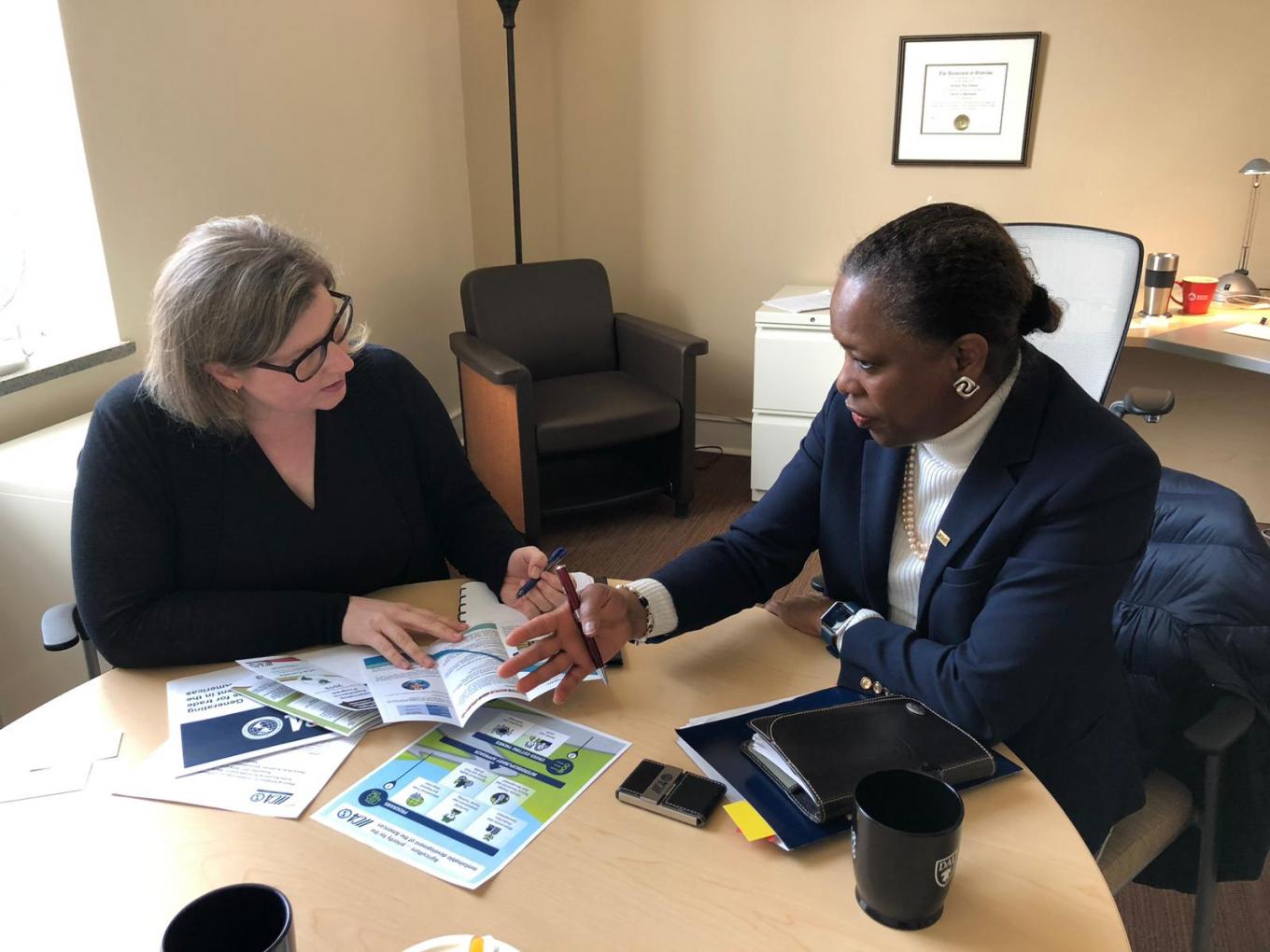This region could offer best practices, lessons learned and guidance for fostering an enabling policy regime and production system in Latin America and the Caribbean.

There is a long history of relationship between Provinces in Atlantic Canada and islands of the Caribbean. Influence of this is evident in the food and alcohol consumed in Provinces such as Nova Scotia and Prince Edward Island. The scale of agriculture and the marine environs are also common features that the regions share. These commonalities were, however, only part of the reasoning behind the IICA Canada’s decision to visit the 3 Maritime Provinces in November. The main motivation was actually the strong message received during a previous visit, when wheels were already in motion to capitalize on their marine and terrestrial resources for a natural products industry.
With the Institute’s new hemispheric program on the Bioeconomy, it was felt that this region could offer best practices, lessons learned and guidance for fostering an enabling policy regime and production system in Latin America and the Caribbean. During the 4 day visit, the Representative was able to meet with Government staff, executives from not-for profit organizations and academia to share IICA’s new Medium Term Plan and provide information on the scope of the Bioeconomy program area. Enthusiasm and commitment to optimizing the bioresources in respective Provinces remained strong, ostensibly aided by the invaluable support of Provincial (& Federal) Governments. Expressing interest in international collaborations, instruments such as joint research, internship/exchanges, knowledge sharing were identified for future engagement with IICA. Follow-up exploratory discussions regarding the modality for specific engagement were scheduled with academia. In addition, IICA Canada’s inclusion in selected networks, will ensure that IICA has a “finger on the pulse” regarding emerging issues and project opportunities.
For further information:
Dr. Audia Barnett











